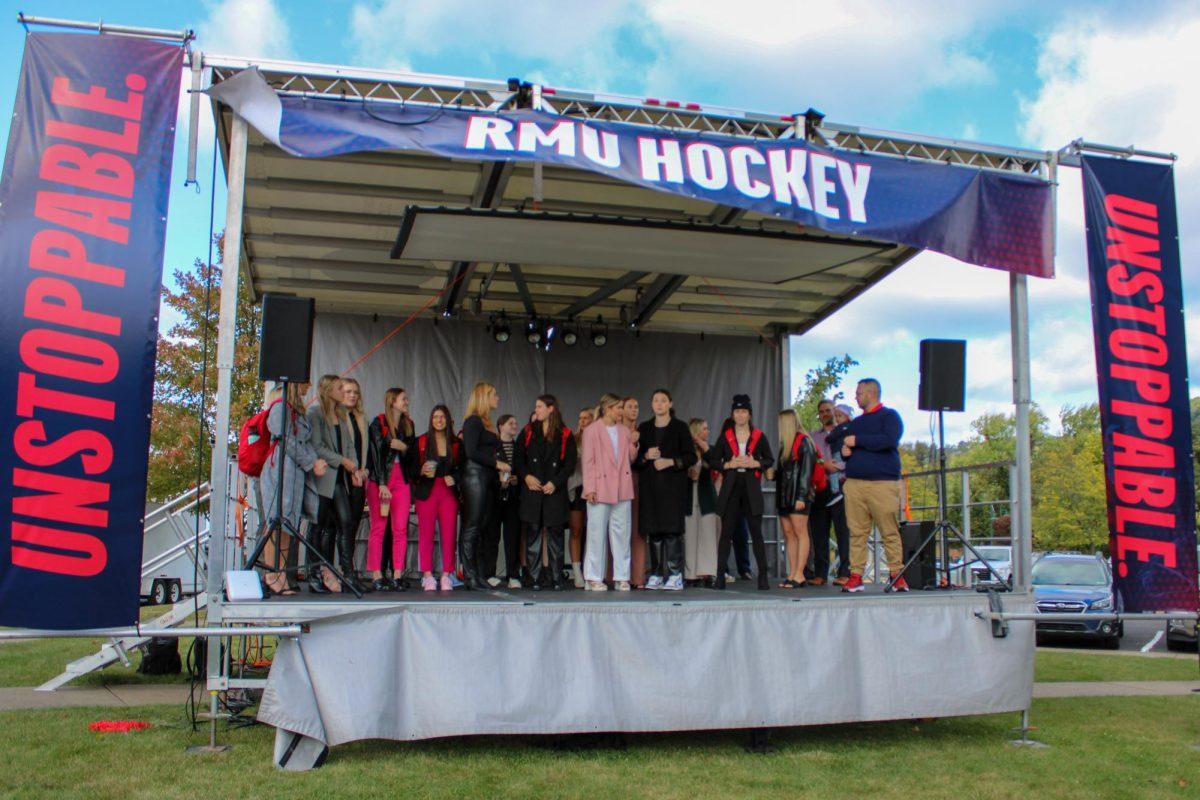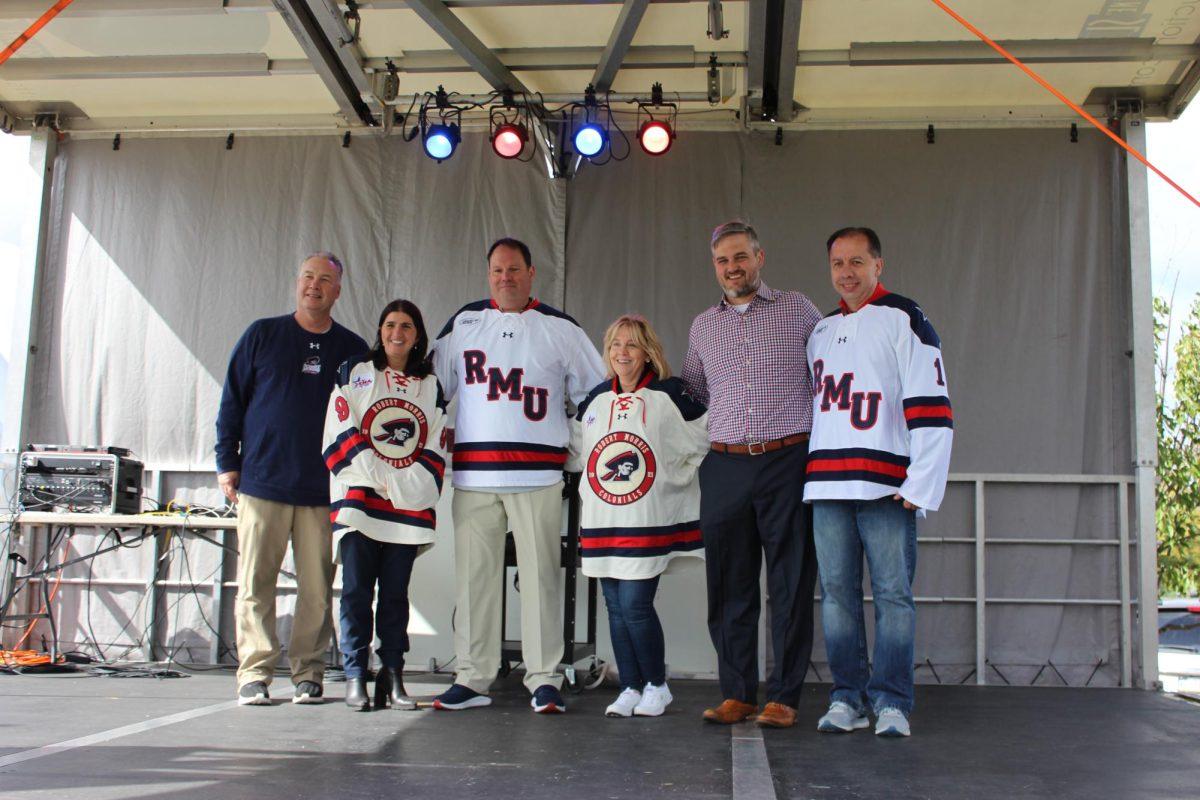After being diagnosed with Non-Hodgkin Lymphoma disease on Sep. 20, Dr. Rex Crawley, assistant dean of the School of Communications and Information Systems and professor of Communication, decided to create a blog to inform people on his situation.
“I was thinking about how do you tell somebody you have cancer?” Crawley explained. “So that’s when I first thought about the blog. I said it’s sort of a great way to sort of communicate my feelings about it, what I’m going through, what the treatments are.”
Crawley added that he wanted to talk about the process of dealing with cancer before anyone told his story.
“I decided I would rather be in control of information,” explained Crawley on the reason he created the blog, named A Healthy Disregard for the Impossible. “As a communication scholar, I sat down and thought about how I wanted to sort of manage information.”
Crawley said that anyone who wondered about his daily handling of cancer would be able to find the facts in his blog. For instance, he explained the process of going through chemotherapy in one of his entries.
“I go through a detailed description about what it feels like to have poison flowing through your vein and destroying vast growing cells,” Crawley said.
He also explained the stage of his cancer in one of his entries to calm his worrying friends.
“I call it giving voice to cancer,” Crawley added about the blog.
He described cancer as taboo topic that is often not talked about in details.
“Often times, people have questions, and they’re afraid to ask,” explained Crawley. “I try to answer questions before people even have to ask.”
Crawley also said the blog became powerful for him because he answered questions that people with close ones affected by cancer always wondered about.
“It becomes a twofold, one way to manage information” Crawley said. “And then two, it becomes very therapeutic for me.”
Crawley explained that, through his blog, he is able to speak about his feeling toward his diagnosis.
“I have been having some pain to my stomach,” Crawley said. “I didn’t know what it was, so I went to the doctor.” Doctors suggested that Crawley do a Computerized Axial Tomography (CAT) Scan, which led to the discovery of a huge tumor lodged against his kidney.
“They immediately put me in a hospital to do a kidney stint,” Crawley said. This surgery was done to save his kidney, which was blocked from functioning by the tumor.
“Once they were able to get my kidney stabilized, that’s when they began the diagnosis to find out what the tumor actually was” Crawley explained. After going through a biopsis, they realized that the tumor was indeed cancerous.
“I wasn’t as devastated as I was the first time I heard that I had cancer,” stated Crawley, who is a 15 years survivor of the same type of cancer. “Of course, I was traumatized at the thought of having to go through chemotherapy again and, perhaps, even a bone marrow transplant.”
“This is her first time experiencing this with me,” Crawley said regarding his wife. “I was a little concerned for her, but she’s really dealt with it pretty well.”
“My Mom and my sisters, having gone through this before, I think they were more optimistic,” Crawley explained.
Crawley added that his wife and he have been managing information with his four-year-old son to ensure he was not negatively impacted by the news.
“I think for all of us it’s just been a major lifestyle change in terms of getting used to being back in the whole hospital culture again,” Crawley added.
Crawley will be going through chemotherapy treatments until January. He will be staying at the hospital for four days every three weeks.
“Once I’m done with this treatment, I’ll be in remission,” Crawley explained. The remission stage should take about three or four years.
“If I want to be cured, then they suggest I… [will] probably need a bone marrow transplant,” Crawley explained.“One of the issues that this raises for me… is that African-Americans tend not to donate.”
This causes a small chance for Crawley, who doesn’t have any match in his family, to find a donor.
Crawley is actually starting a project to raise awareness in the African American community about bone marrow donation.
“Lots of people need bone marrow transplant, particularly African Americans, and just can’t find donors” Crawley explained.
Crawley is planning on starting the projects next semester.
“It might be an interesting campaign for our campus to think about,” he added.








